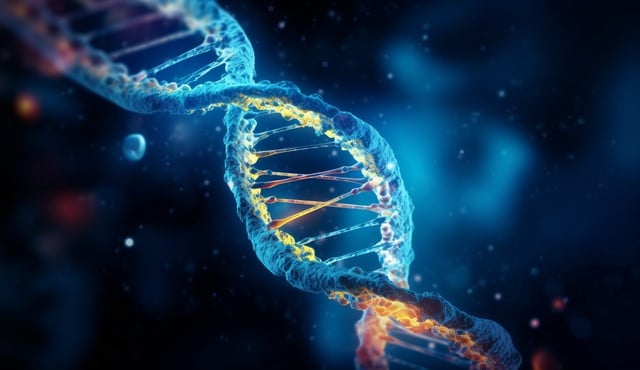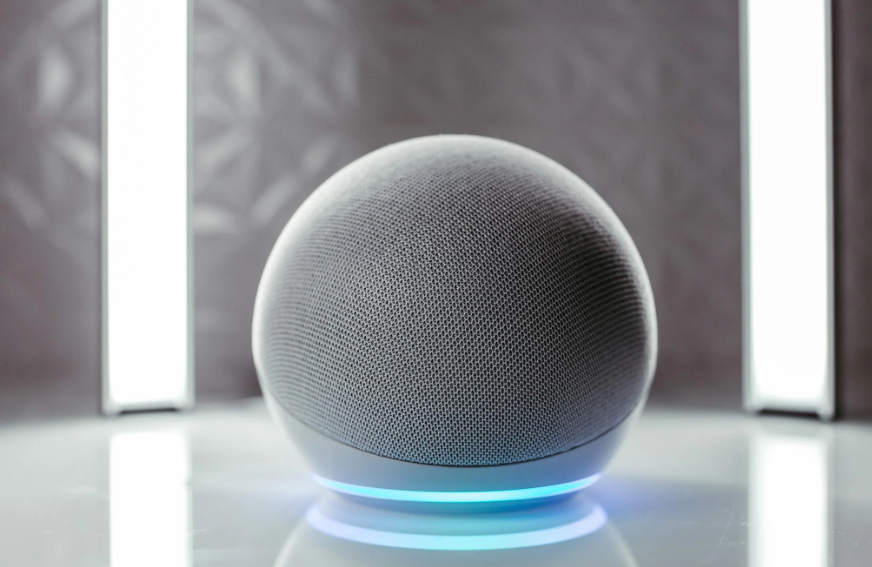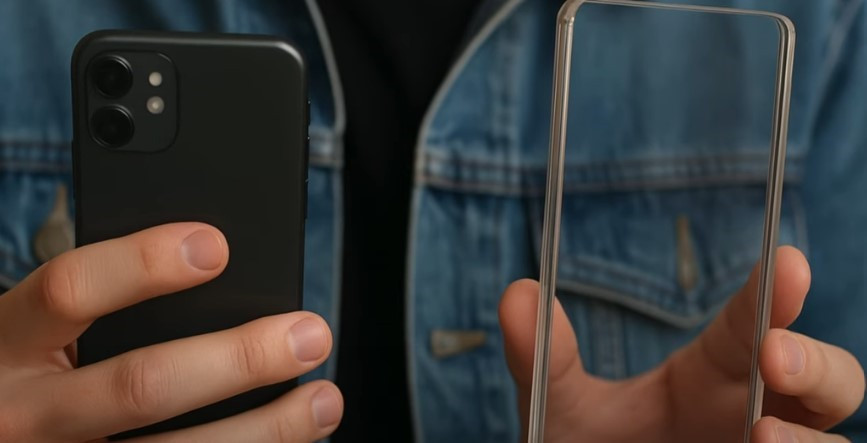The Science Behind Hiccups

Hiccups are an intriguing and often bothersome phenomenon that many of us have experienced at some point in our lives. These involuntary spasms, typically accompanied by a distinctive “hic” sound, can range from mildly irritating to downright disruptive.
But have you ever wondered what causes hiccups and why they seem to persist despite our best efforts to stop them? In this article, we delve into the science behind hiccups, exploring the mechanisms, triggers, and potential remedies for these perplexing spasms.
Understanding the mechanics
At its core, a hiccup is a sudden contraction of the diaphragm muscle, the primary muscle responsible for our breathing. This spasm causes a rapid intake of air, followed by a quick closure of the vocal cords, resulting in the characteristic sound. The exact reasons behind this muscle glitch are still not fully understood, but researchers have put forth several theories to shed light on this intriguing phenomenon.
Triggers and causes
Hiccups can be triggered by a variety of factors, including eating or drinking too quickly, consuming spicy or hot foods, sudden temperature changes, excitement, stress, or even certain medical conditions. The irritation or stimulation of the nerves that control the diaphragm and nearby muscles can lead to the onset of hiccups. Additionally, certain medications, alcohol consumption, and underlying health issues can increase the likelihood of experiencing hiccups.
The mysterious persistence
While hiccups are usually short-lived and resolve on their own, we’ve all encountered those stubborn cases that seem to last much longer than expected. This persistence can be attributed to various factors, such as repetitive irritation of the diaphragm, nerve imbalances, or even underlying medical conditions. Chronic hiccups, lasting for more than 48 hours, warrant medical attention to identify and address any potential underlying causes.
Remedies and folklore
Over the years, numerous remedies and folklore have emerged in an attempt to cure hiccups. Holding your breath, drinking water, eating a spoonful of sugar, or getting startled are just a few examples of the techniques people swear by. While some of these methods may offer temporary relief by distracting the body, the scientific evidence behind their effectiveness remains limited. However, healthcare professionals may suggest specific techniques or medications in severe or prolonged cases of hiccups.
Advancing the understanding
Despite hiccups being a common occurrence, scientific research continues to explore the underlying mechanisms and potential treatments for this curious phenomenon. Studies involving brain imaging, nerve stimulation, and even pharmaceutical interventions aim to shed more light on the complexities of hiccups and pave the way for improved management strategies.
As our understanding deepens, we can look forward to more effective approaches to managing hiccups and potentially unlocking the secrets behind their persistence.
How long did you ever hiccup for? Share your experience below!



